A new era of integrative medicine
Integrative medicine clinic in Tallmadge
A new era of integrative medicine
Integrative medicine clinic in Tallmadge

About Us
Zēl Lifestyle Collective is more than a clinic—it is a sanctuary.
A part of our mission is to show our community that it is possible to live a life of health and fulfillment amidst the hustle and bustle of everyday life. We are not just proponents of a healthy lifestyle; we are living examples. Through clear transparency and dedication, we practice what we preach.
In our community, many people struggle with conflicting information about what constitutes a healthy lifestyle. The noise of knowing what to do and what’s best can be overwhelming and confusing. We wanted to cut through that noise and provide clear, individualized guidance. Our goal is to help each person understand that what they might accept as normal doesn't have to be their reality. There are options to heal, improve health, and achieve a fulfilling life.

LIFESTYLE SERVICES
Offerings for a Healthy Lifestyle

IV Therapy
IV (Intravenous) therapy is a treatment that delivers essential vitamins, minerals, and other nutrients directly into the bloodstream for rapid absorption and immediate benefit. This method bypasses the digestive system, ensuring that nutrients are fully absorbed by the body.

Dry Needling
Dry needling therapy targets muscle pain and tension by using thin, sterile microfilament needles to penetrate trigger points, or knots, within your muscles.

Chiropractic Care
At Zēl Lifestyle Collective, our chiropractic care is all about helping you feel your best by addressing the root causes of pain and discomfort. We focus on the natural alignment of your spine and joints to enhance your body’s ability to heal itself.

Acupuncture
We have teamed up with Point to Point Acupuncture to offer Traditional Acupuncture as part of our holistic approach to wellness. Rooted in Traditional Chinese Medicine (TCM), acupuncture has been practiced for over 3,000 years to restore balance and promote healing within the body.

Massage Therapy
Our licensed massage therapists specialize in holistic massage therapy, focusing on relieving myofascial adhesions, commonly known as “knots.” Whether you need relief from muscle pain, improved circulation, or stress reduction, our therapists tailor each session to your specific needs. You don’t need to know how much pressure or what type of massage is necessary.

Functional Medicine
We believe that true health comes from addressing the root causes of your symptoms, not just masking them. Our functional medicine approach is comprehensive and personalized, recognizing that there’s no one-size-fits-all solution to wellness.
THRIV3 Weight Loss Program
The Thrive3 Program is a membership-based medical weight loss and wellness solution designed to support your unique health journey. It combines advanced tools like GLP-1 therapy, personalized diet plans, and InBody analysis with ongoing expert guidance and support. Learn more about transforming your life today. Learn More
THRIV6 Weight Loss Program
Are you tired of starting weight loss programs only to find yourself back where you started? Have you tried medications like GLP-1 and either didn’t see the results you expected, or worse, saw the weight return after stopping? You’re not alone. Thousands of people face this struggle, but there’s a better way to break free from this frustrating cycle.
Your Experience
What to Expect at Zēl Lifestyle Collective
Sharing a Vision to Transform Health & Wellness
Comfortable, Spa-Like Environment
At Zēl Lifestyle Collective, we offer personalized, integrative care in a cozy, spa-like environment to support your journey to lasting vitality.
Holistic Wellness Programs
Our patient experience is designed to be both personalized and holistic, ensuring you receive the highest quality care in a warm, inviting environment.
Cutting-Edge Therapies
From seamless booking and expert guidance to cutting-edge therapies and ongoing support, we focus on making your health journey as comfortable and effective as possible.
Meet The Creators
Sharing a Vision to Transform Health & Wellness

Dr. Serif Krkic
Co-Creator

Dr. Amanda Krkic
Co-Creator
At Zēl Vitality, we prioritize your health journey with a personalized, holistic approach designed to help you achieve lasting wellness. From easy booking and expert guidance to advanced therapies and continuous support, we’re here to ensure your experience is seamless, comfortable, and effective.
Our dedicated team offers cutting-edge treatments and wellness programs, creating a patient-centered experience focused on restoring balance and enhancing your overall well-being.
Our Space
Take a Tour of Your Wellness Journey
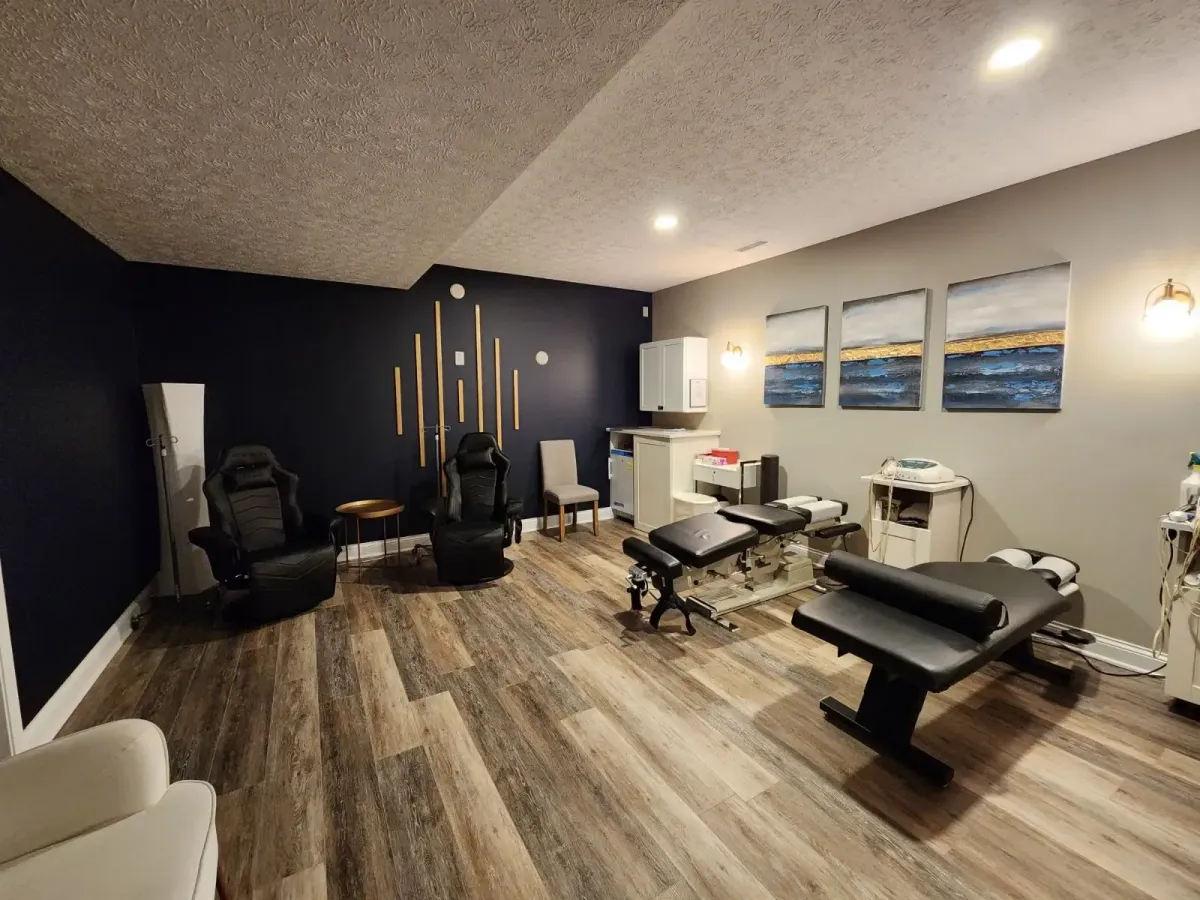

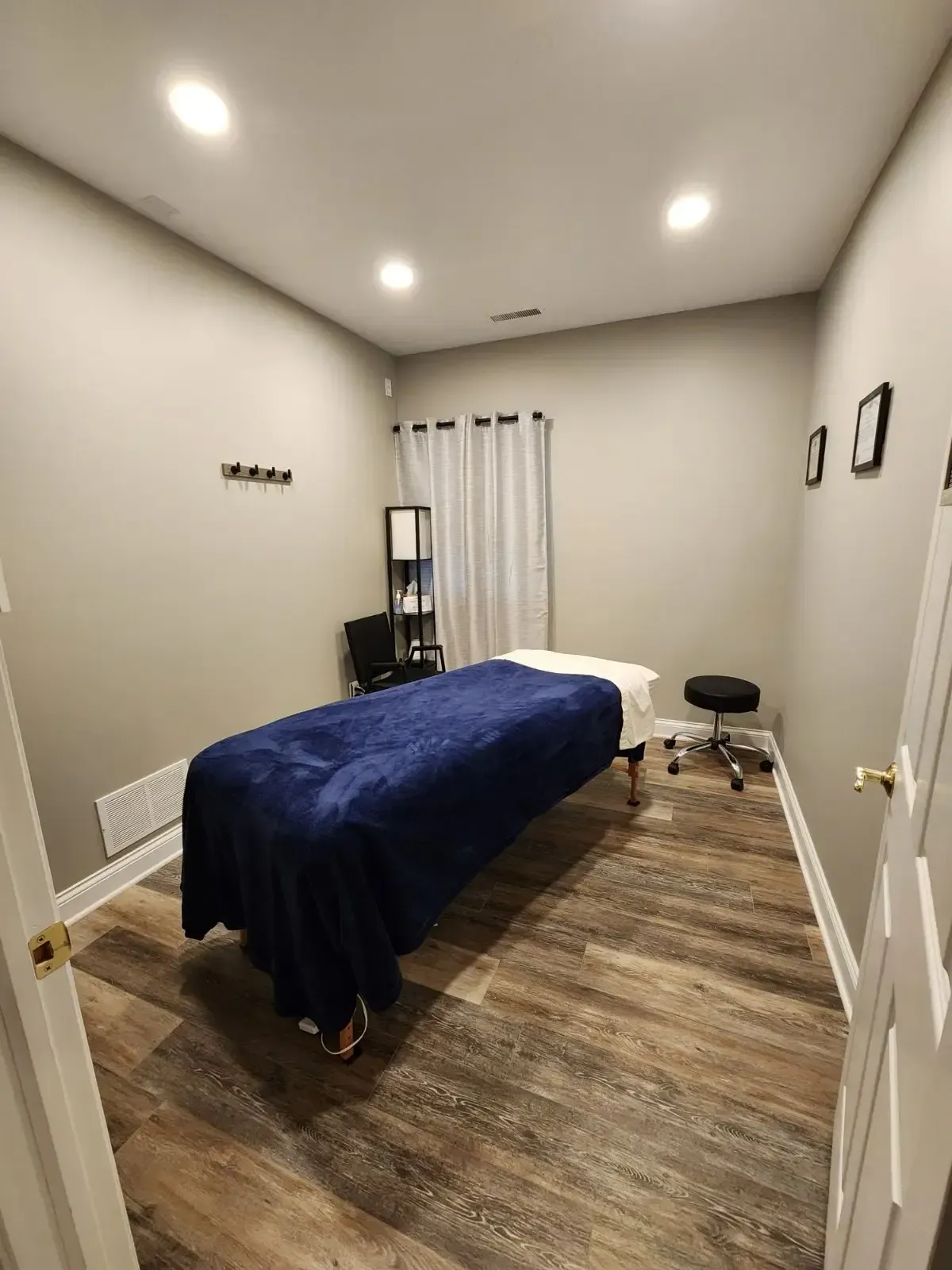
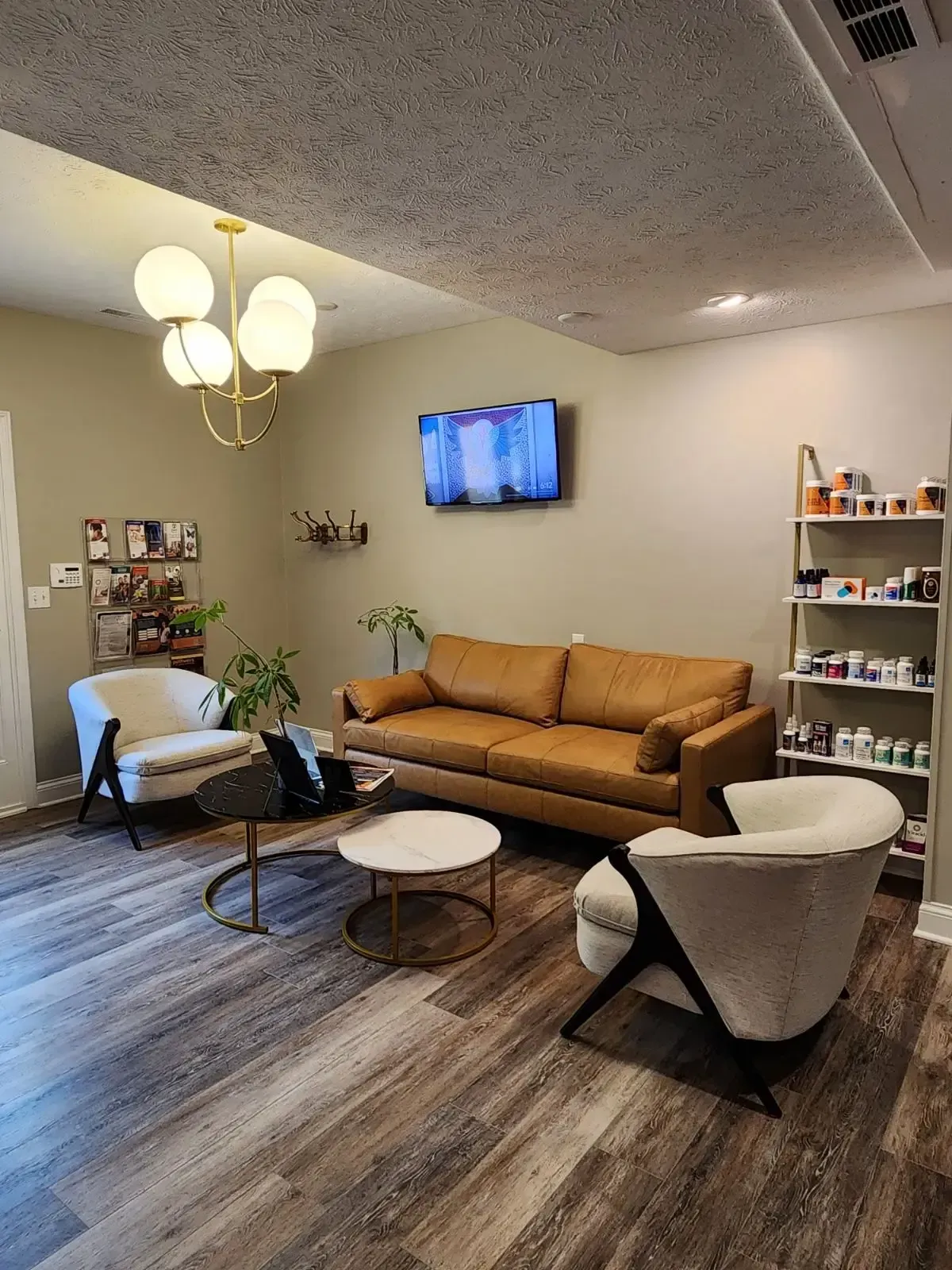
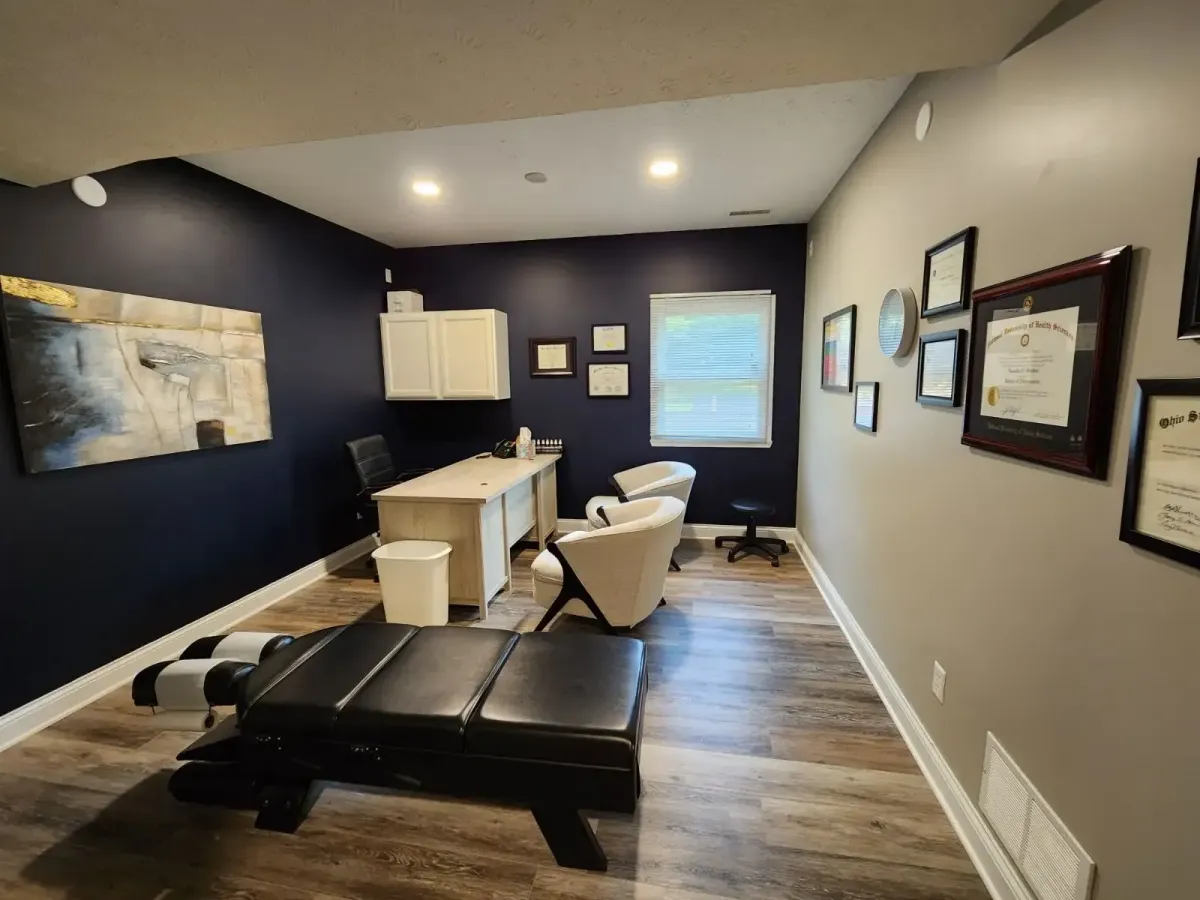
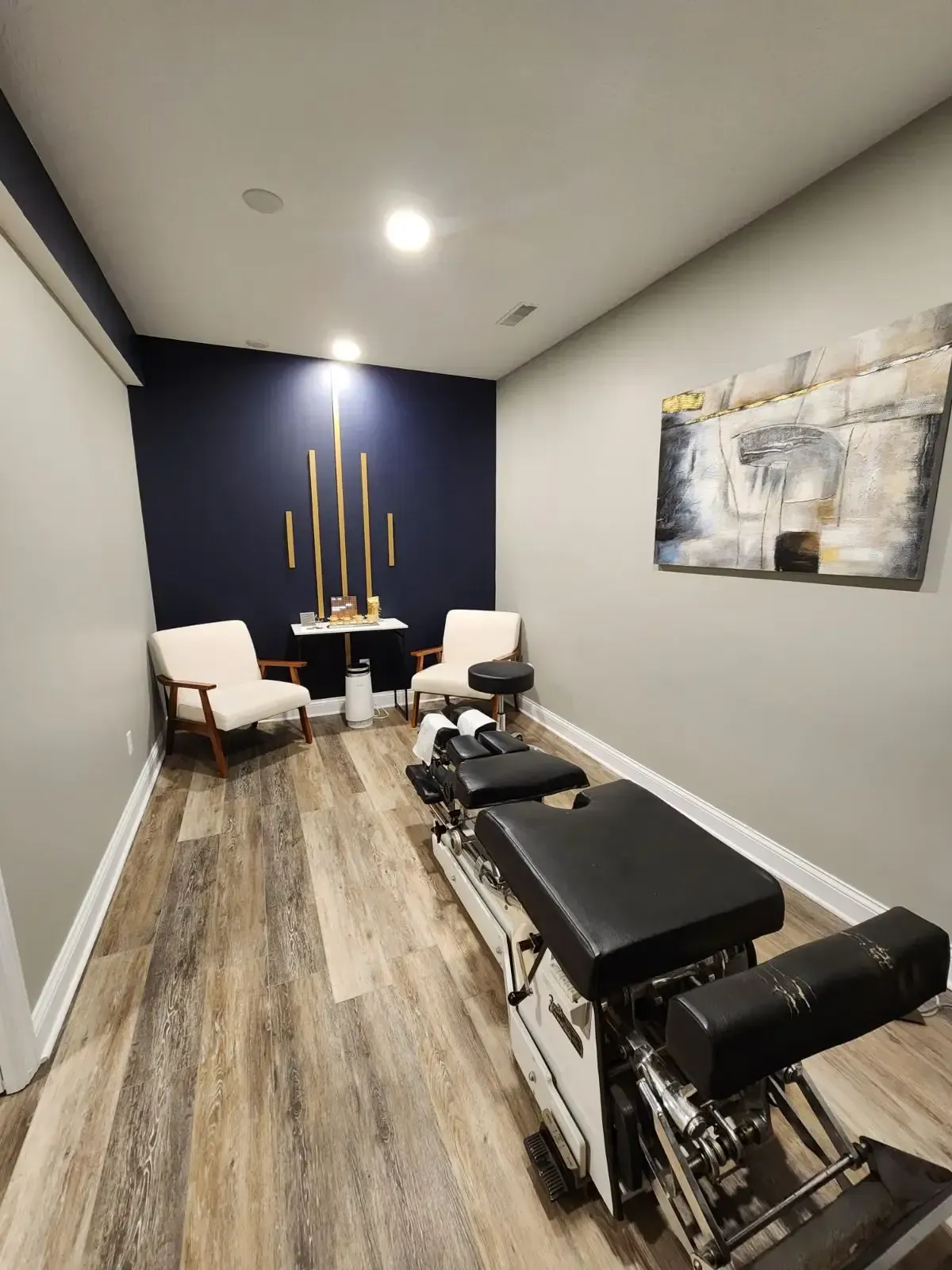
TESTIMONIALS
What Users Say About Zēl Collective
As a combat-injured Marine I’ve seen 20+ chiropractors all over America. Dr. K literally blows every one of them out of the water. I’ve never had a chiropractor case so much as him. I honestly was beginning to think the entire profession was nonsense until he spent almost an hour working with me. After leaving, for the literal first time ever, I felt BETTER not worse.
Clinton C.
Kelly always does an awesome job. I have been getting massages from her for a few months now and could not be happier. She has really made a huge difference in some of the problem areas I was experiencing. A great addition to my health care routine
Denise Z.
Great experience and really feel like the whole team is working together for best optimal recovery process. Doctor is very personable and striving for continual treatment plan to get set in place for pain relief. I recommend laser and therapeutic massage there which helped me with a shoulder injury.
Susan E.
There aren't enough words to describe how amazing everyone is at Tallmadge Chiropractic! They go above and beyond to getting you back to YOU. They don't just look at the area of concern, they look at you as a whole and work with you to get you back to health. Dr B and Dr K along with the girls at the front desk are amazing!!
Karie H.
Great experience and really feel like the whole team is working together for best optimal recovery process. Doctor is very personable and striving for continual treatment plan to get set in place for pain relief. I recommend laser and therapeutic massage there which helped me with a shoulder injury.
Heather G.
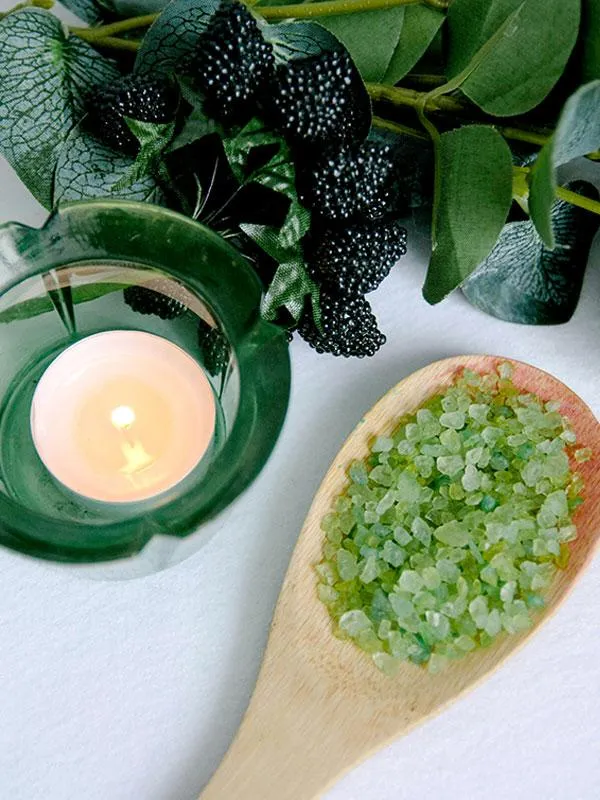
Embrace Total Wellness
Our integrative approach addresses physical and mental health by combining evidence-based therapies with holistic practices for comprehensive care. This personalized strategy empowers individuals to achieve long-term wellness, balancing both mind & body for optimal well-being.

Nurture Your Mind
Find peace in a chaotic world with mindfulness yoga techniques that help you stay grounded and focused amid life's challenges. Through mindful movement and breathwork, you can cultivate inner calm, reduce stress, and enhance overall mental clarity.
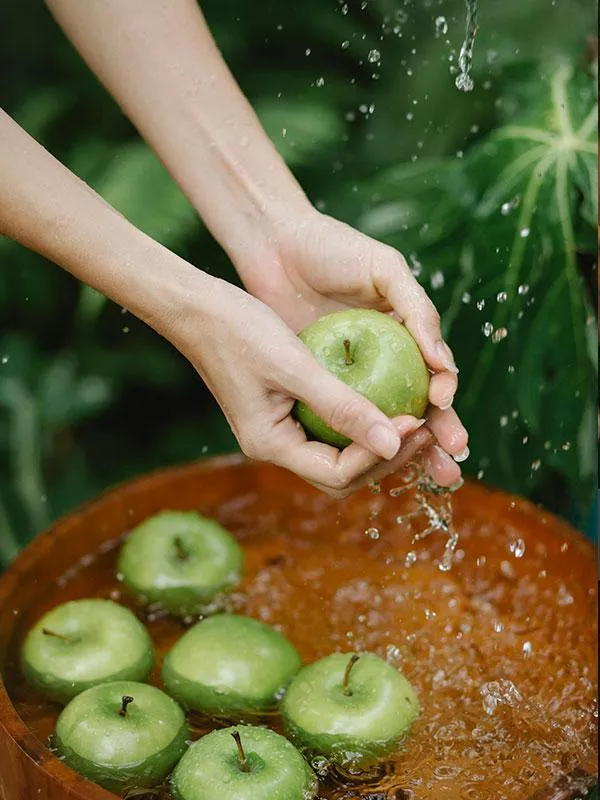
Revitalize Your Body
Reignite your energy and vitality with expert health programs designed to restore balance and enhance overall well-being. Tailored to your unique needs, these programs combine nutrition, fitness, and wellness strategies to help you feel rejuvenated and empowered..
Schedule An Appointment Today!
Quick Links
Our services are only available exclusively in Ohio
© All Rights Reserved Zēl Lifestyle Collective Powered by RewardLion Ai Powered Solutions 2025


